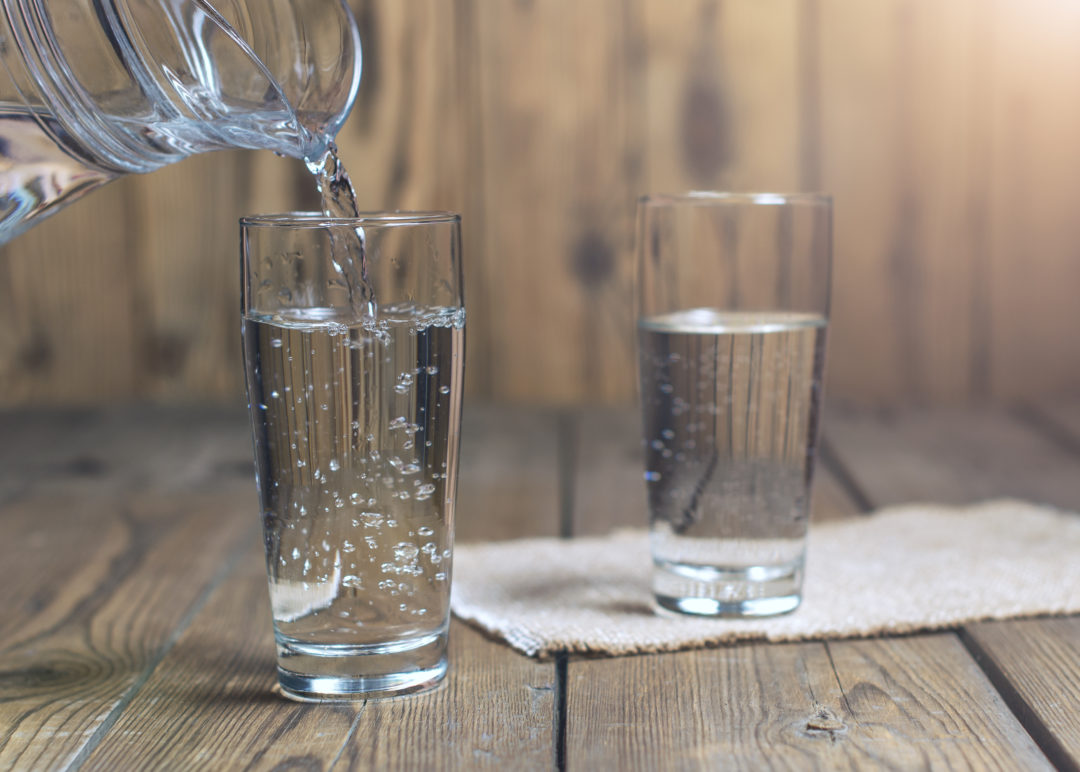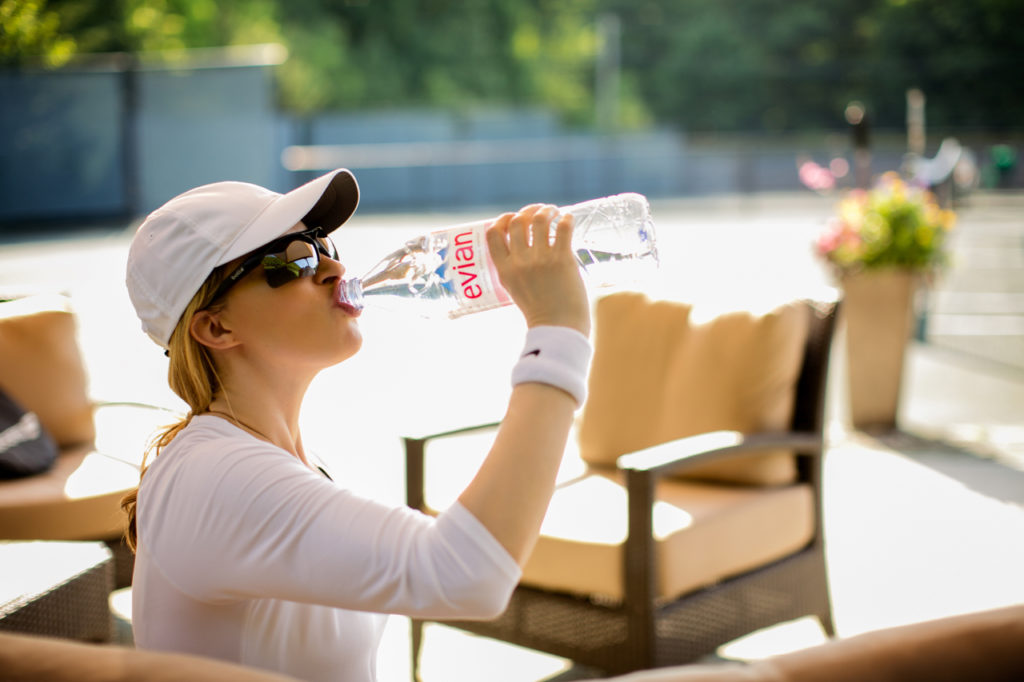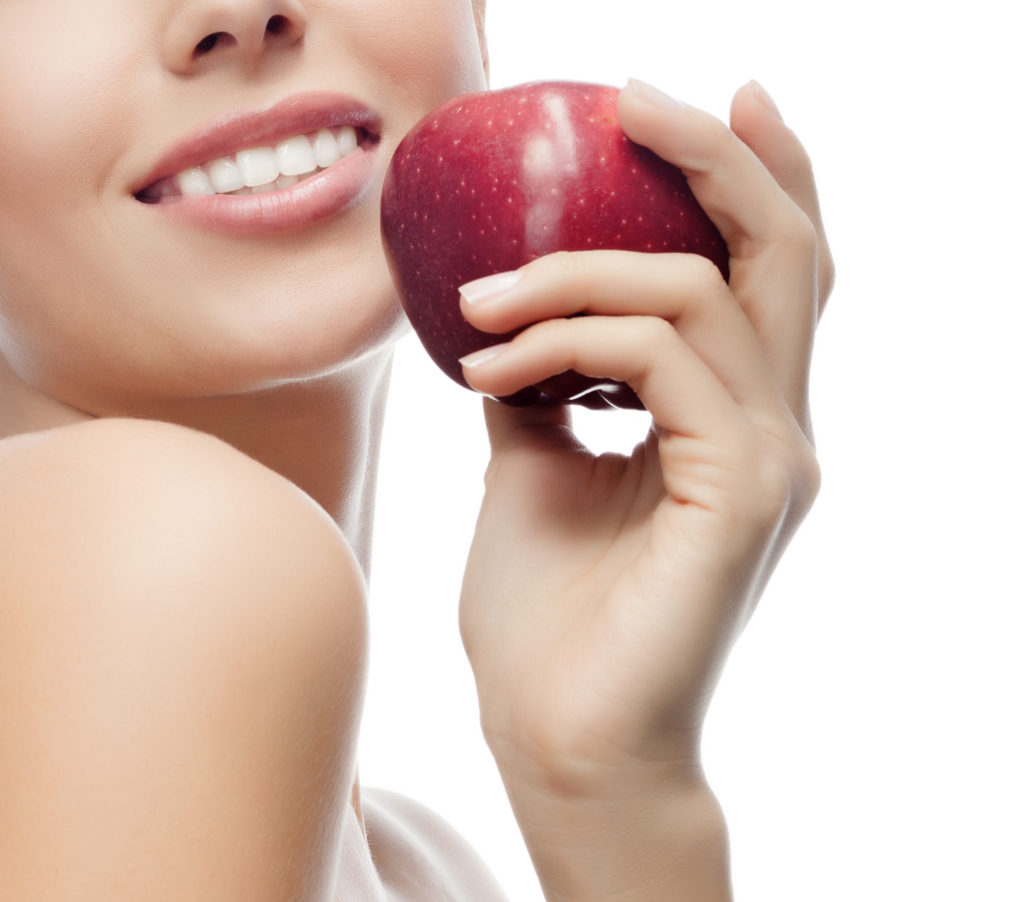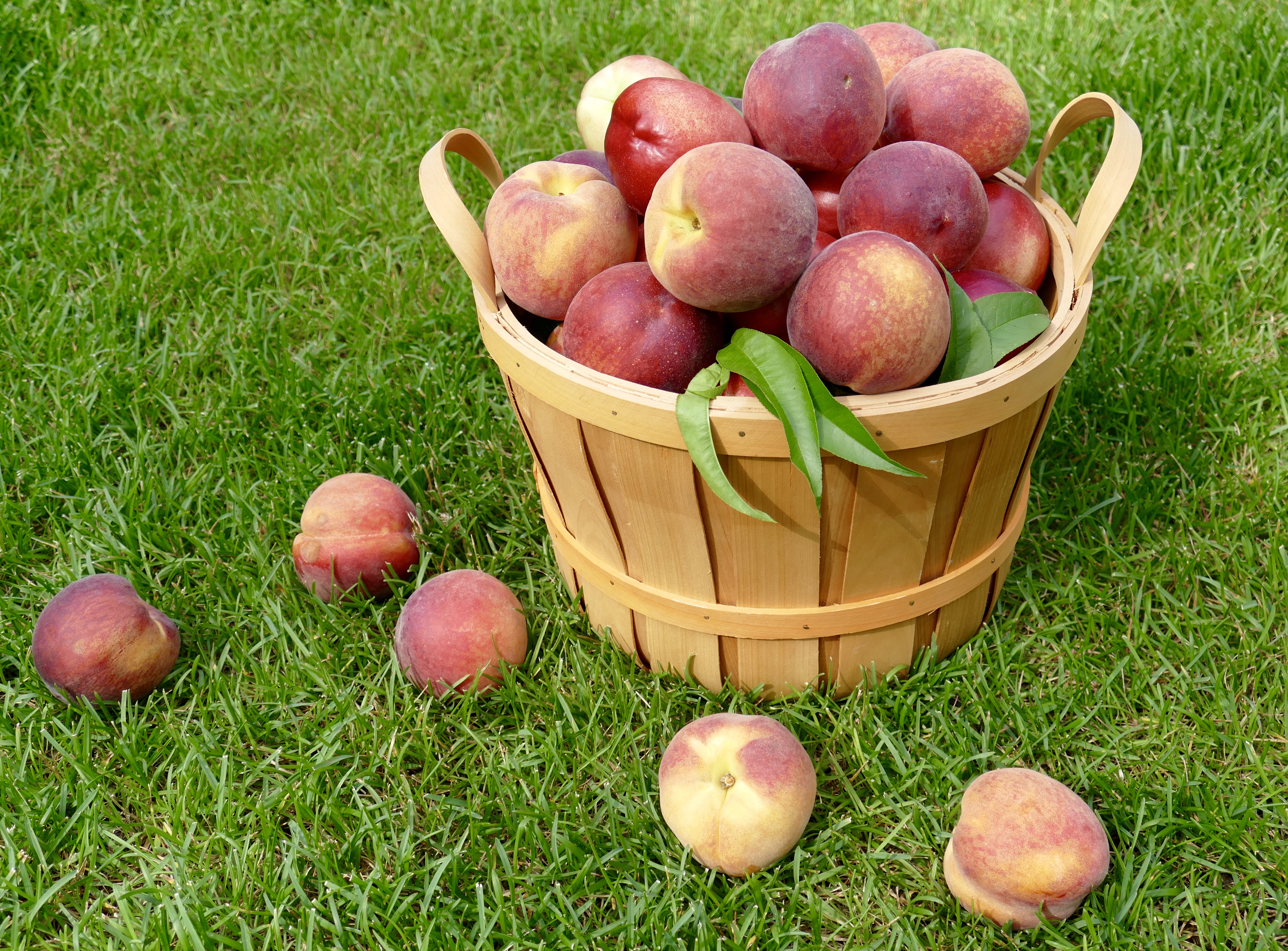There’s a reason we have a saying “peaches and cream complexion”, firstly, those blessed with smooth and creamy skin with a little rosiness in their cheeks are seen to be beautiful. There is another reason though and it’s because peaches are one of nature’s natural antidotes. Adding a peach to your daily diet will go a long way to combat sun damage and help to restore your skin’s natural glow, without any chemicals in sight. As well as that, it will help you with your overall general health. So next time you are at your grocery store add a few gorgeous peaches to your shopping basket then whenever you feel like something sweet and succulent – enjoy one, you’ll savor its delicious flavor and your skin and body will thank you.
Peaches and Skin Health
Peaches are full of nutrients which are kind to your skin. As far as your skin is concerned, every day it is under attack, from free radicals, this means the sun, petrol fumes, industrial fumes, other people’s smoke and more. Your skin needs natural antioxidants to fight against these free radicals and a juicy peach is just one of the things you can add to your diet to enable your skin with the weapons it needs.
A peach contains vitamins A and C as well as selenium. Vitamin A is vital because it helps to renew skin cells, stimulating them to repair and vitamin C is incredibly important to combat skin aging. Used in lotions, moisturisers and serums this vitamin targets wrinkles and fine lines, plumping and hydrating. Consuming vitamin C in fruit especially peaches will help to boost your skin’s resistance to aging. Even more importantly, collagen is formed using vitamin C so make sure you’re consuming enough.
It’s not just vitamins in peaches which fight the harmful battle with the sun’s rays; other nutrients in peaches include vitamin K, beta carotene, magnesium and potassium which are excellent at building protection against ultra violet rays.
As well as eating peaches, you can also rub the fleshy area on the underneath of your eyes because actually peaches are great for reducing dark shadows. So if you’ve had a late night and you feel your skin isn’t looking its best, split a peach in two, eat one half and rub the other under your eyes gently. Rinse off with cold water, pat dry and apply your moisturisers as normal – you’ll look bright eyed in minutes.
Peaches also help to improve skin texture, softening it while gently firming and improving elasticity too. It’s no coincidence you find lots of skincare with peach extract such as facial scrubs, face masks, cleaners and toners. It’s because peaches are known for their ability to tighten pores and refresh skin.
Peaches and Cancer
We now know how good peaches are for anti-aging but they have another huge health benefit too. Peaches are so rich in antioxidants it’s believed they could help to discourage cancerous melanomas. Studies show that peaches can help the body’s protection against other cancers such as lung, colon and oral and the phenolic acids, lycopene and lutein inside peaches indicate the ability to halt breast cancer from growing. Additionally, if you are concerned about heart disease a peach is an excellent preventative because of these aforementioned ingredients which work hard to aid heart health.
Peaches and Eye Health
While peaches are well-known to be a good source of vitamins and help to boost a flagging complexion – they have other huge benefits too. They are excellent for ocular health especially in slowing macular degeneration which is usually age-related. Just three servings a day could help to give ailing vision a much-needed boost and this is because of the high beta carotene content.
Peaches and Stress
If you feel you are under stress, cut up a peach and enjoy its juicy, sweet taste. You might find yourself relaxing immediately and this is because it contains fiber and potassium, known to reduce the risk of stomach ulcers which can occur in those who suffer with regular stress. If you think you might be susceptible to ulcers, try a peach a day and keep that ulcer away. You don’t need to worry about the calories either because just one regular size peach contains approximately 40 calories and no fat – just good all that good fiber mentioned, meaning they are excellent for digestive health.
So, along with your SPF 50, a great looking hat and some fabulous sun sensible clothing add a peach a day to your diet for overall body health and you’ll further benefit by having glowing skin too, the essence of a peaches and cream complexion.






follow me
@notjustapenguin